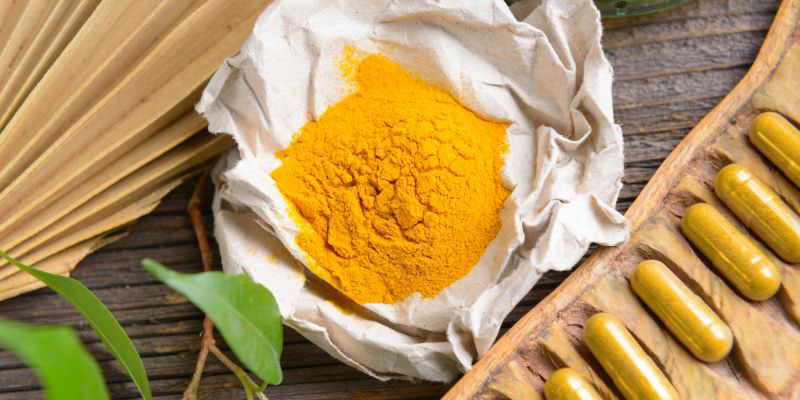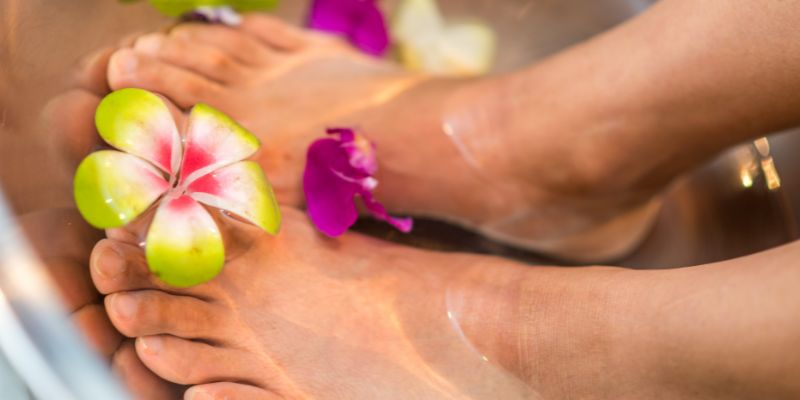Acne is a common skin condition that affects people of all ages. It can be frustrating, especially when it appears on visible areas such as the face. Many products claim to treat and prevent acne, but one lesser-known option is calamine lotion.
What is Calamine Lotion?
Calamine lotion is a topical medication commonly used to treat various skin conditions, such as itching, rashes, and irritation. It typically comprises two primary ingredients: zinc oxide and ferric oxide.
Zinc oxide
Zinc oxide is a mineral that has soothing and protective properties for the skin. It forms a physical barrier on the skin's surface, helping to prevent moisture loss and protecting it from irritants. Zinc oxide also has mild astringent properties, which can help to dry out oozing or weeping skin conditions.
Ferric oxide
Ferric oxide, or iron oxide, is a red pigment added to calamine lotion to give it its characteristic pink color. While it does not have any direct therapeutic benefits for the skin, it helps to create a recognizable and visually appealing product.
Historical use of calamine lotion in treating skin conditions
Calamine lotion has been used for centuries to treat various skin conditions. Its use can be traced back to ancient civilizations such as the Egyptians and Greeks. Throughout history, calamine lotion has been valued for its ability to soothe and relieve itching and its mild antiseptic properties.
In the past, calamine lotion was commonly used to treat conditions such as poison ivy or oak rashes, insect bites, sunburns, and chickenpox. The cooling and drying effects of calamine lotion can help to alleviate itching and reduce inflammation. It provides temporary relief and can be applied as often as needed.
Today, calamine lotion remains a popular over-the-counter remedy for minor skin irritations. Its gentle formulation makes it suitable for use on sensitive skin, including children and individuals with allergies or sensitivities.
However, it is essential to note that calamine lotion is not a cure for underlying skin conditions and should not be used as a substitute for medical treatment when necessary.
Is calamine lotion good for pimples?
Calamine lotion is a popular choice for addressing skin issues due to its soothing and cooling properties. Calamine lotion immediately relieves itching, irritation, and redness when applied to the skin.

It is especially beneficial for sunburn, insect bites, and rashes. The lotion forms a protective barrier on the skin, which helps to prevent further irritation and inflammation.
One of the main reasons why calamine lotion is so effective is because it contains ingredients like zinc oxide and ferric oxide. These ingredients have anti-inflammatory properties, which help to reduce swelling and redness. The lotion's cooling sensation also helps alleviate discomfort and provide a sense of relief.
Furthermore, calamine lotion dries the skin, which can benefit conditions like poison ivy or oak. By drying out the affected area, calamine lotion helps to speed up the healing process and prevent the spread of toxins.
Another advantage of calamine lotion is its gentle nature. It is suitable for all skin types, including sensitive skin. The lotion is non-greasy and easily absorbed, leaving the skin feeling refreshed and moisturized.
Can calamine lotion treat acne?
Calamine lotion has been used for decades to treat various skin conditions, including acne. One of the main benefits of calamine lotion in treating acne is its ability to reduce inflammation, redness, and itchiness—the zinc oxide and ferric oxide in calamine help to soothe the skin and alleviate these symptoms.
Furthermore, calamine lotion can also play a role in drying out excess oil and sebum on the skin. It is particularly beneficial for individuals with oily or acne-prone skin, as extra oil can contribute to clogged pores and breakouts. By absorbing the excess oil, calamine lotion can help keep the skin balanced and reduce acne.

However, it is essential to note that while calamine lotion can effectively treat acne, it is not a cure-all solution. It is best used in a comprehensive skincare routine that includes cleansing, exfoliating, and moisturizing.
Additionally, it is recommended to consult with a dermatologist before incorporating calamine lotion into your skincare routine, especially if you have sensitive or reactive skin.
Can calamine brighten skin?
Calamine is a popular ingredient in skincare products, particularly those aimed at soothing irritated or itchy skin. While calamine is known for relieving discomfort and reducing redness, it is not typically used as a skin-brightening agent.
Calamine is primarily used for its anti-inflammatory and soothing properties, making it an effective ingredient for conditions such as sunburn, insect bites, and rashes. Suppose you are looking for a product to brighten your skin. In that case, it is advisable to look for ingredients such as vitamin C, niacinamide, or alpha hydroxy acids, known to have brightening effects.
Additionally, maintaining a consistent skincare routine that includes cleansing, exfoliating, and moisturizing can help improve the overall appearance and brightness of your skin. It is always recommended to consult with a dermatologist or skincare professional for personalized advice and recommendations based on your specific skin type and concerns.
Can I use calamine lotion on my face every day?
It is generally safe to use calamine lotion on your face daily as long as you are not experiencing any adverse reactions or irritation. However, it is always a good idea to use it once daily and gradually increase the frequency if your skin tolerates it well.
It is also essential to follow the instructions on the product packaging and discontinue use if you notice any adverse effects on your skin.
Conclusion
While more research needs to be done on the effectiveness of calamine lotion specifically for acne treatment/prevention, its anti-inflammatory and oil-absorbing properties make it a promising option.
If you struggle with acne, consider adding calamine lotion to your skincare routine and see if it makes a difference. As always, consult with a dermatologist before trying new skin products.




